Grants for educational innovation
TLC Central supports UvA educators and employees from all faculties in educational innovation through the offering of various grants. Each grant has a focus on innovation with its own theme or topic. Do you have an idea that allows you to innovate your classes? Do you need support to bring this idea or solution to life? Then find out which grant suits you best.
The application for the grants will run from 1 December 2025 until 30 January 2026, 12:00.
Which grant suits your idea?
TLC Didactic Innovation Grant
The TLC Didactic Innovation Grant supports you in finding innovative solutions for your didactic challenges. These solutions can contribute to behaviour change, engagement, and knowledge transfer in education. The theme for 2025-2026 is Reimagining Assessment. Read more about the TLC Didactic Innovation grant.
 Grassroots and Grassroots+
Grassroots and Grassroots+
Grassroots are small-scale, accessible grants in which teachers and/or students enrich and enhance education using an ICT application. Grassroots+ is available for teachers who have previously innovated their teaching with a promising ICT application through an educational grant and wish to develop their initiative more broadly within the UvA. Read more about the Grassroots grants.
UvA grants and external funds
The network of UvA Teaching and Learning Centres is happy to help lecturers find suitable grants and subsidy programmes in the field of educational innovation. See here which other subsidy programmes are available both within and outside the UvA.
Get inspired by stories from colleagues with grants!
Curious about the innovative projects that your colleagues have worked on through a grant? Read their stories below or under Teacher Stories.

UvA grants and external funds
UvA grants & external funds

Overview of Grassroots Projects
Een Grassroots-beurs ondersteunt docenten (en/of studenten) financieel en op andere manieren bij ontwikkeling van een onderwijsvernieuwing met een ICT-toepassing. De uitvoering van je Grassroots-project richt zich op verbetering van het onderwijs.

Grassroots+ grant
Have you previously renewed your teaching with a promising ICT tool through an education grant as an educator? Would you like this to apply more broadly within the UvA? Then the Grassroots+ grant may be for you!
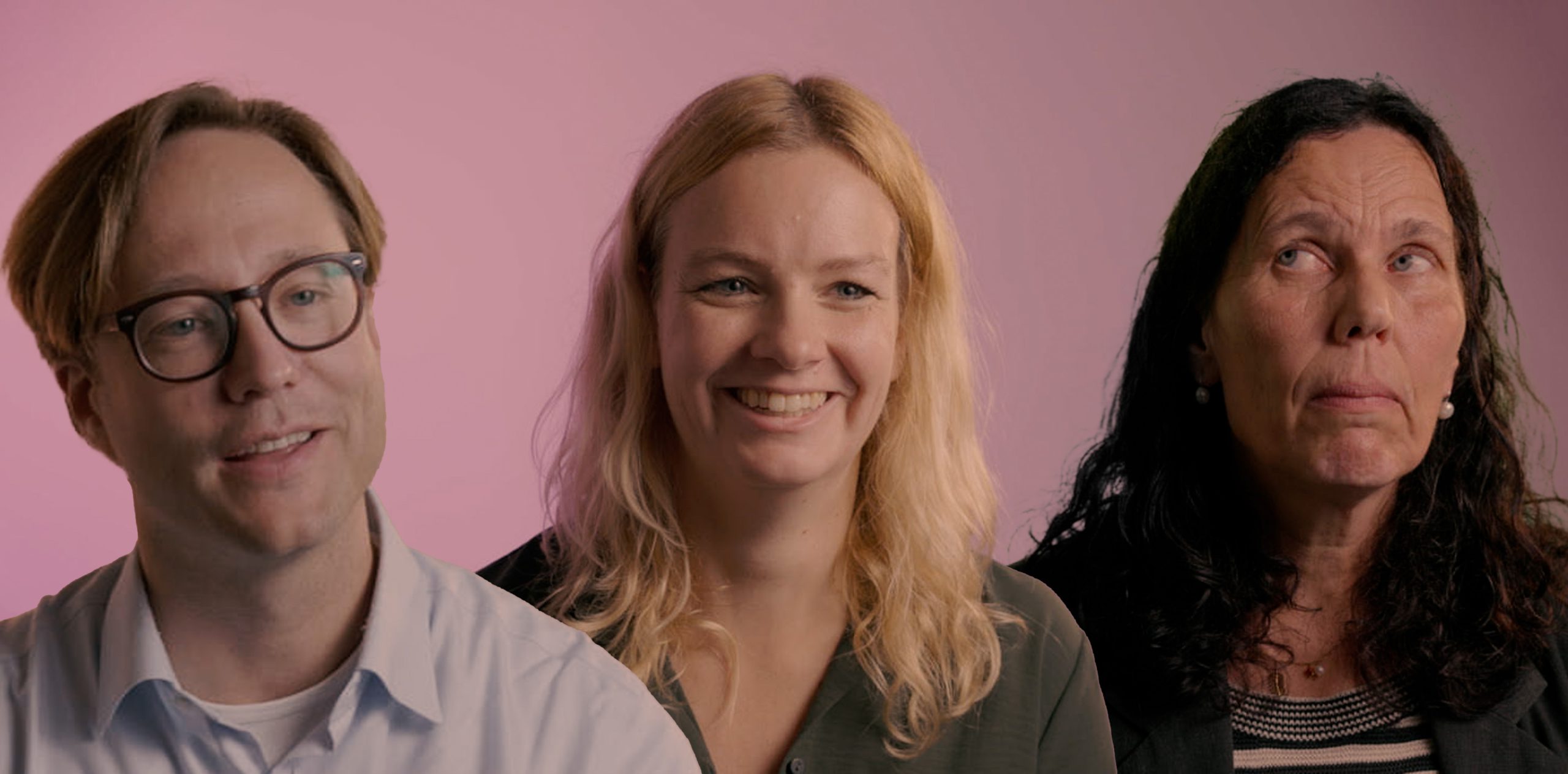
Bits of Innovation: the story behind the Grassroots grant
In the video series Bits of Innovation: the story behind the Grassroots grant, we follow 3 UvA teachers who want to improve their teaching with a UvA TLC Grassroots grant.
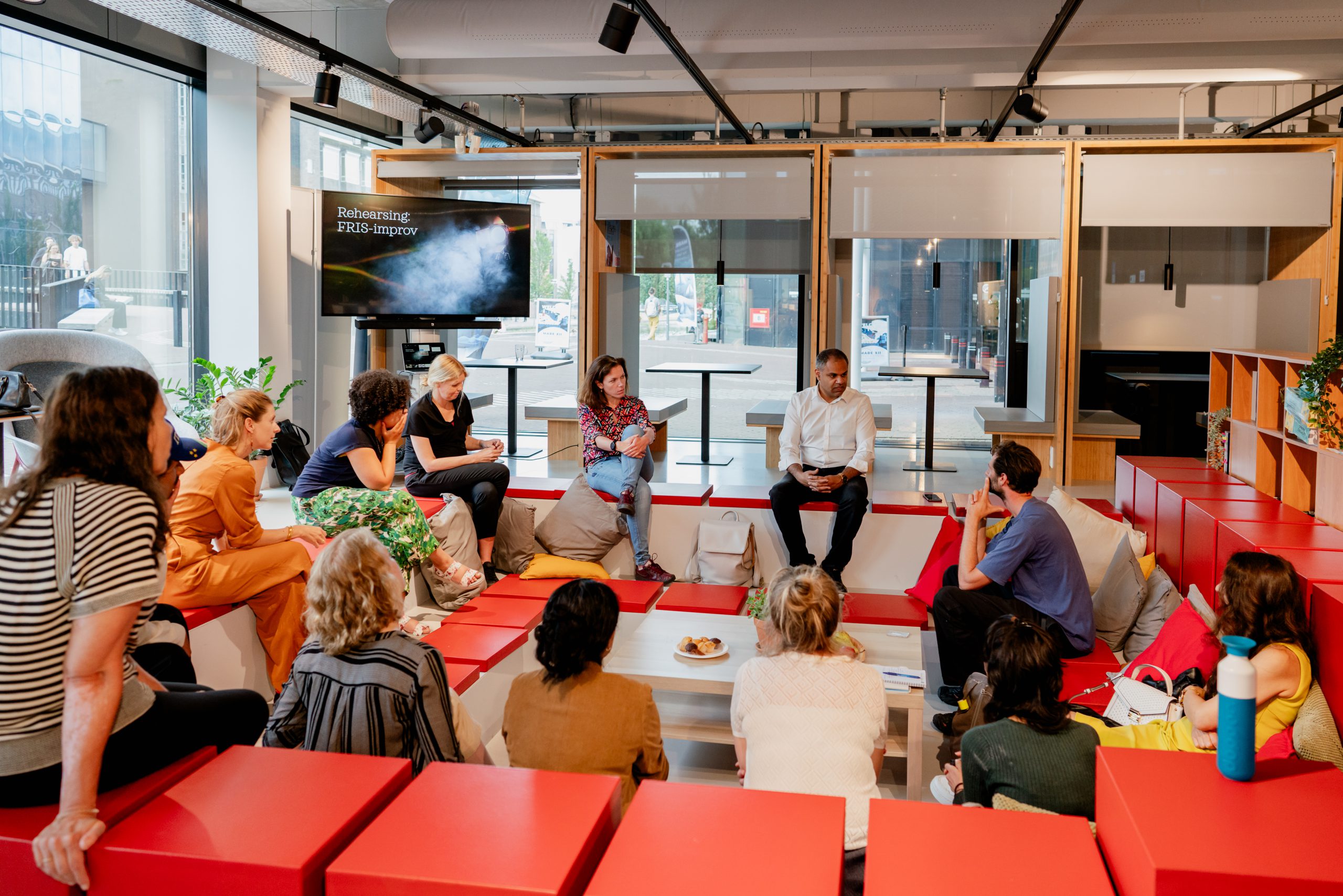
Revisiting the fifth FRIS café: a growing community
On June 28 (2023), we gathered for what was already the fifth FRIS cafe. These six-weekly gatherings provide grantees of the Fair, Resilient & Inclusive Societies (FRIS) theme grant the opportunity to come together, share ideas and get inspired.
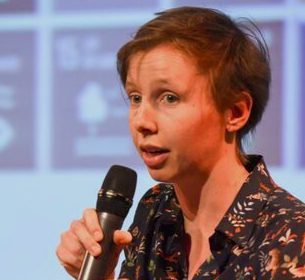
Development of ‘World Food and Ecosystems’ course: three necessary skills for (big) data collection
Lies Jacobs (FNWI) used the TLC Didactic Innovation grant to focus on teaching students three skills needed for (big) data collection. She was awarded the grant in the 2021-2022 academic year to further develop the course ‘World Food and Ecosystems’. With the grant she focussed on teaching students three skills needed for (big) data collection: building self-confidence, essential coding skills and digital independence.
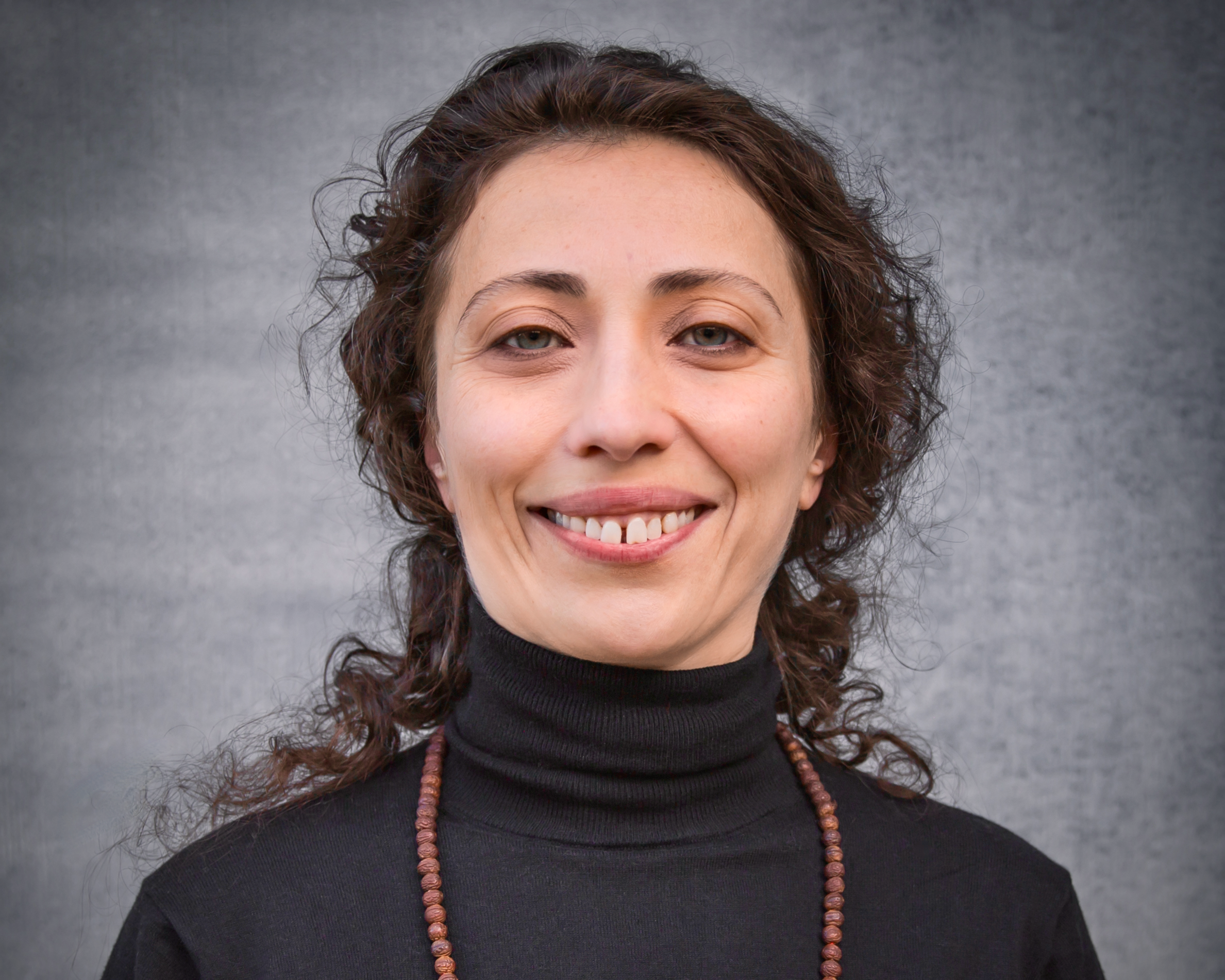
Best practices of knowledge sharing among students from diverse backgrounds
A search by Dr. Lela Mosemghvdlishvili with the UvA TLC Didactic Innovation grant. How can we train students from different backgrounds and majors to share their disciplinary knowledge in an accessible way? Dr. Lela Mosemghvdlishvili (they/them) used the grant to explore the best practices of knowledge sharing among students from different disciplinary and methodological backgrounds.

Future Societies Lab: addressing sustainability issues
Dr. Mendel Giezen developed the Future Societies Lab with the TLC-IIS Sustainability grant. A course in which students work on research questions on sustainability from society clients. A win-win for different parties for the benefit of societal sustainability transformations.
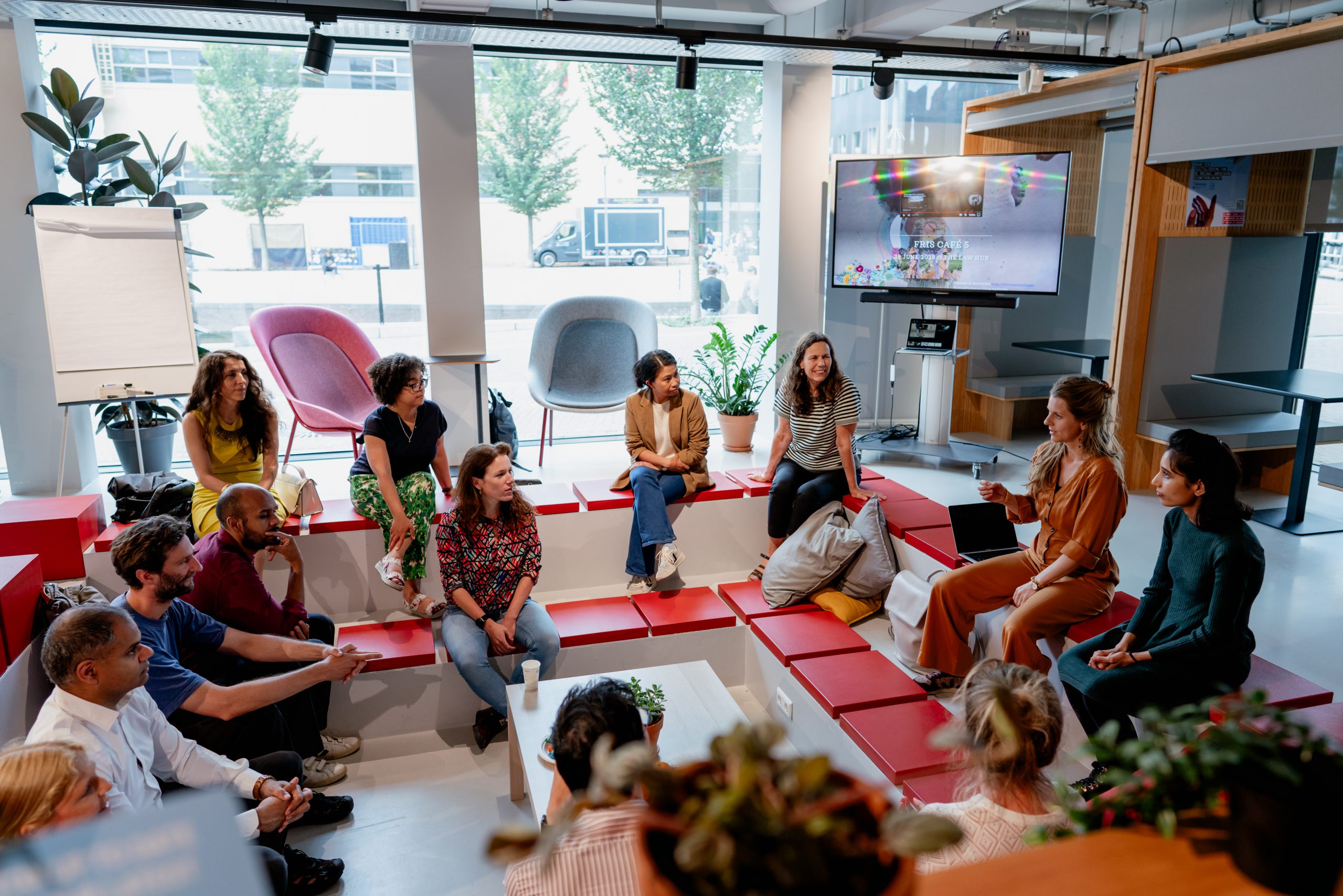
FRIS projects
Read more about all the FRIS projects.
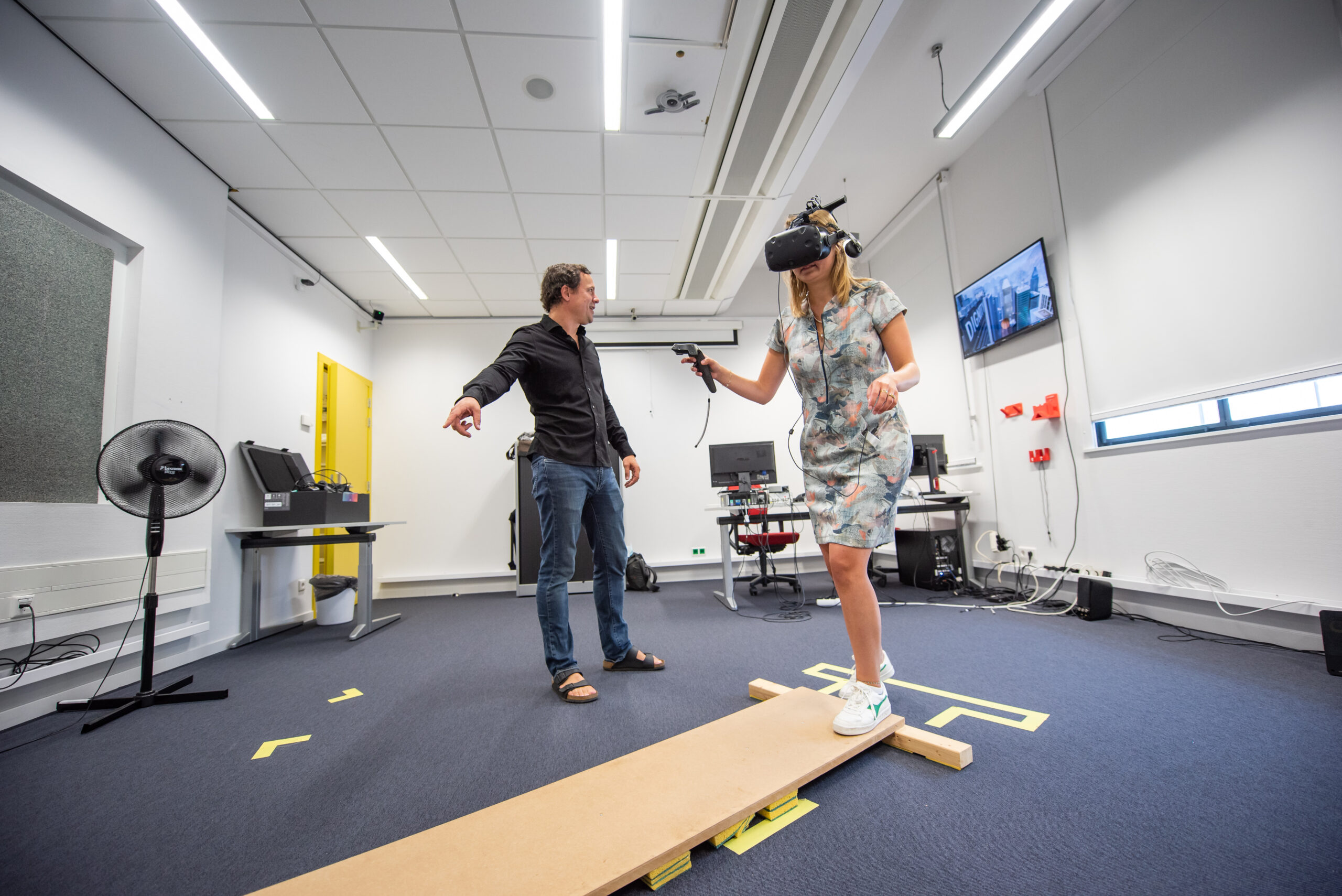
Grassroots: playground for ICT applications that improve education
Medical educators Franka Luk and Jaqueline Houting are seasoned ‘Grassrooters’. They talk about their exciting ICT applications and development experiences.

Grassroots: how you can still offer knowledge clips with limited resources and time
Through knowledge clips, teaching material is offered in an interactive way and the flipped classroom principle is applied.
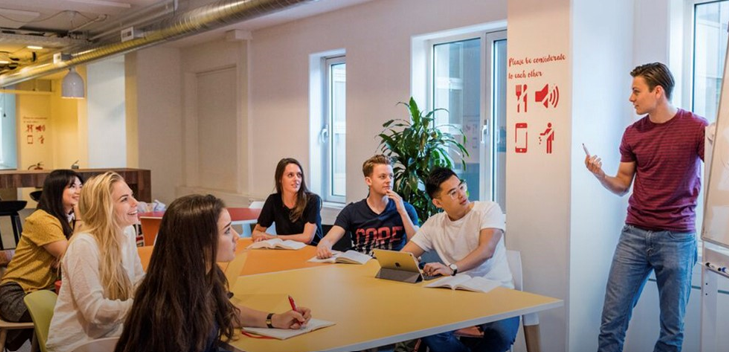
Grassroots grant: Geoanimations
Geoanimations, a powerful interactive didactic online tool for Physical Geography. Gotze van Kalsbeek explains how geoanimations, supported by a Grassroots grant, have contributed to education.








